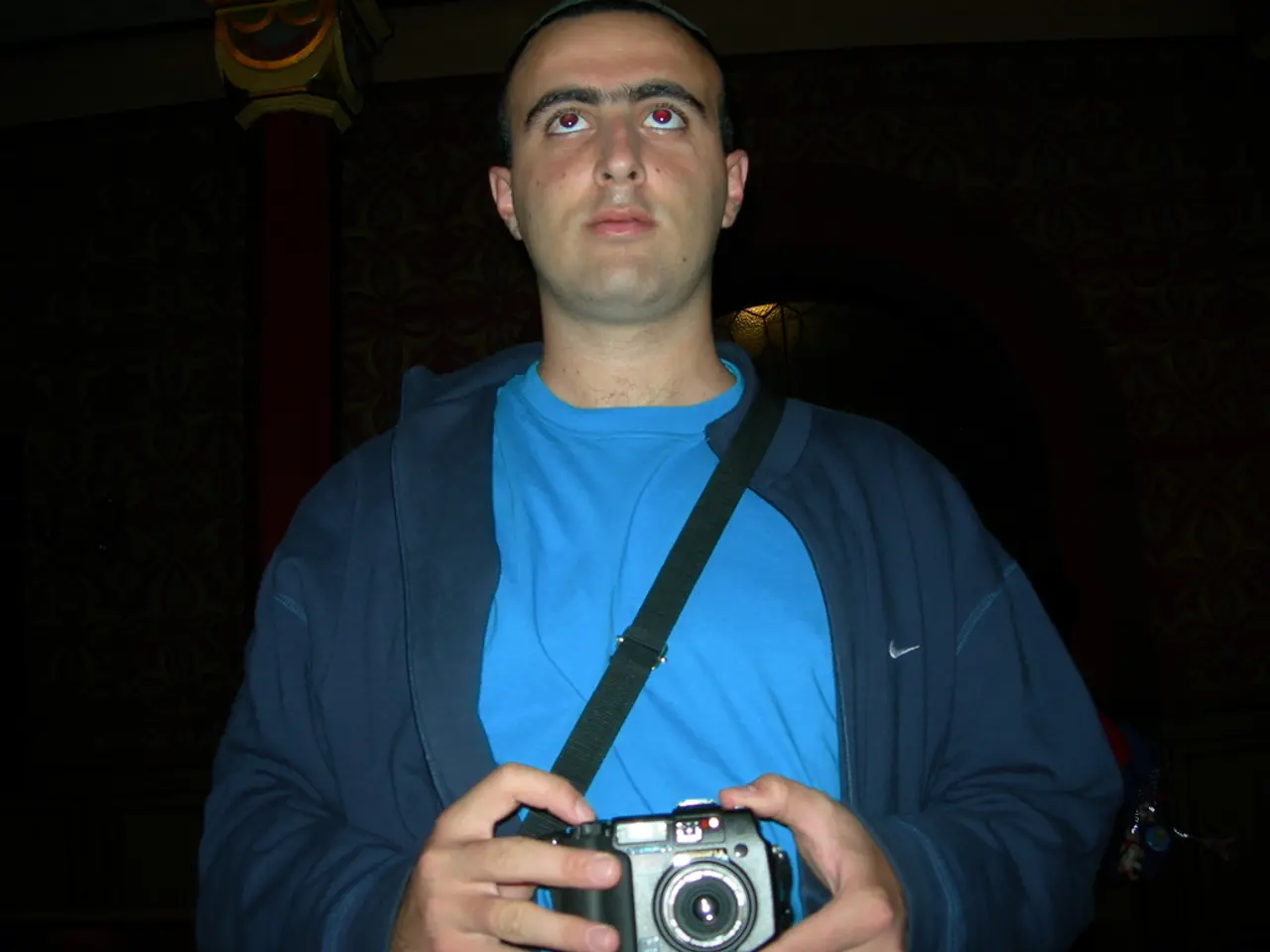Most Convenient European Bank Account to Establish and Control
In the ever-evolving world of finance, European banks continue to attract non-EU citizens seeking residency, citizenship, or simply a foothold in the continent's robust financial landscape. Here's a guide to navigating the European banking system as a non-EU citizen.
One of the most popular routes is securing an EU bank account, which may open doors to residency and citizenship opportunities in select countries through 'golden visa' programs. However, it's essential to note that banking in Europe often requires some kind of residential or investment connection to a country.
Monaco, renowned for its banking secrecy, has a complicated process and may not accept clients with a history of living in exotic locations. On the other hand, Azerbaijan boasts a simple banking process, but English may not be widely spoken. Armenian banks, while requiring a residence permit, offer higher deposit insurance and decent interest rates.
Many clients have successfully opened bank accounts in numerous European countries with the assistance of specialized companies. For instance, Montenegro, although more challenging for foreigners, can be navigated with a residence permit. Opening a bank account in Georgia is relatively easy and doesn't require residence, but US citizens may need to undergo FATCA checks.
Digital nomads, particularly those with remote income proofs, may find opportunities in countries like Estonia and Croatia, where digital banks like N26, Revolut, Monese, and Wise facilitate easy account opening without strict residency requirements.
The EU has stringent AML (anti-money laundering) and KYC (know your customer) rules for banking, ensuring a secure and transparent financial environment. Countries in Europe offering the easiest opportunities for non-EU citizens to open bank accounts also boast strong legal frameworks and regulations to safeguard depositors' funds.
Some EU countries offer more mechanisms to protect your money, such as trusts and foundations. Switzerland, a brand name for private banking of the world's affluent, and Liechtenstein, a tiny Alpine nation, offer such services, but demand a lot of paperwork and have higher fees compared to banks in emerging countries.
Andorra, a potentially accessible option for private banking in Europe, has minimum deposit requirements typically beginning at €500,000. Portugal allows you to open retail accounts with four-figure minimums and priority banks with six-figure minimums, but it may require advanced planning or a residence permit.
Andorran banks are more flexible and willing to make house calls or visit you elsewhere in Europe for account opening. Most direct EU countries have impressive deposit insurance schemes to protect depositors' funds. However, fees in Andorra will be higher, and the country doesn't have as clear of a deposit insurance scheme as other European countries.
Europe loves its paperwork, and some countries require extensive documentation for bank account applications. Latvia, once a popular option for banking, has become more conservative due to money laundering concerns and may require strict checks on every transaction. Hungary allows you to open retail accounts if you demonstrate some interest or connection to the country, but you may need to plan ahead with the bank before traveling.
Having assets in more than one country is a reasonable measure to protect hard-earned cash via higher interest rates and currency diversification. Albania and North Macedonia may be easier to bank in, but still require a reason for the account. Some digital banks operate across Europe and may allow for a fully online process.
With an EU bank account, you have more opportunities to make more money through investment products and services not readily available elsewhere. However, it's crucial to research each country's specific requirements and regulations before making a decision.
Read also:
- Condor Reveals Q2 Results for 2025 and Secures a $5 Million Bridge Loan
- More than half of British homes adhere to insulation standards established during the 1970s.
- While Éowyn's storm caused a massive €301 million in damages, fossil fuels maintain their position as the leading power source.
- Transition in Energy: Merz Administration Plans Enactment of Heating Revolution from 2026







